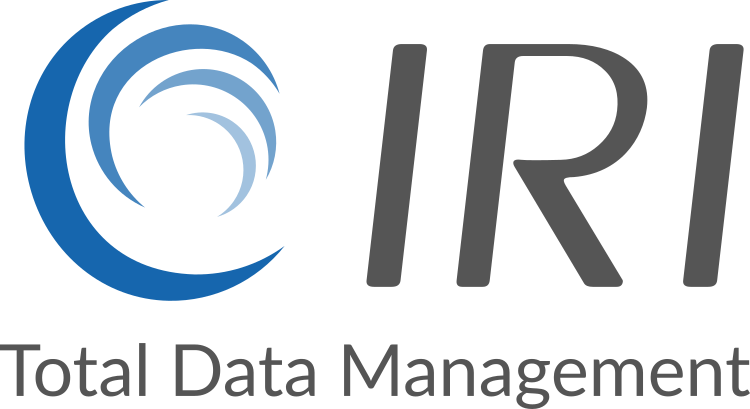Metadata defines the layout and lineage of transactional data and master data in the enterprise. According to Gartner analyst Guido De Simone," enterprise metadata management (EMM) is designed to link, reconcile, and govern the information in our enterprise."
Because managing metadata effectively is key to properly integrating, cleansing, protecting, and dealing with changes in data, a straightforward, unifying metadata infrastructure is desirable. The following describes the metadata management solutions for structured data processing in IRI software:
IRI EMM
The IRI Voracity data management platform, and its constituent IRI Data Manager and IRI Data Protector suite products, leverage the same, simple 4GL metadata for data layout and manipulation and thus of course, data metadata management.
Unlike the metadata in legacy platforms, IRI's data definition file (DDF), mapping task (job) control (.*CL), scripts, data class and rule libraries, and ETL XML (flow) project metadata are all accessible, explicit, portable, and common across all data sources and platforms, including Hadoop.
IRI metadata is exposed in self-documenting text scripts you can modify and run anywhere. It is also supported in the IRI Workbench GUI, built on Eclipse™, where it is modeled in EMF so you can easily:
Create and Acquire
Discover, define, or import and convert metadata
Modify
See and change source and column-level attributes by hand or in dialogs
Regulate
Define, apply, save, modify, and re-use rules that affect data in multiple places at once
Save and Reuse
Local, remote, and third-party data, across platforms, projects, and repositories
Repurpose
Data in integration, migration, reporting, masking, and testing jobs
Track, Audit, and Analyze
Data and metadata governance (provenance) and regulatory compliance through forward and reverse lineage, and graphical impact analysis
Standardize and Save
Metadata, master data values and formats (MDM metadata), and rules (for mapping, masking, or generation)
Manage and Share
Use Git or other Eclipse-compatible asset hubs for team sharing, version control, lineage, and security, or third-party data engineering platforms like DataSwitch or erwin Mapping Manager.
Did You Know?
IRI's data layout and mapping metadata has been in worldwide use since 1992. It was created for the Sort Control Language (SortCL) program in IRI CoSort (.scl data transformation and reporting) jobs.
It's also now used in IRI NextForm(.ncl data migration), IRI FieldShield (.fcl data masking), and IRI RowGen (.rcl test data generation) job scripts, and in many different IRI Voracity workflows, including for ETL.
You can also easily modify, export, and use this metadata in your applications, and in many third-party metadata management and metadata governance platforms.

erwin Mapping Manager, DataSwitch, and the Meta Integration Model Bridge (MIMB) all also support IRI metadata. Their users can easily convert BI, CRM, ETL, and modeling tool metadata into the common metadata format of IRI software. Those using DataSwitch or erwin with Voracity can also leverage state-of-the-art metadata lineage and reference data management tools in web views within a shared Eclipse pane of glass: IRI Workbench.
See this article on capturing business value through Enterprise Metadata Management for more information.


